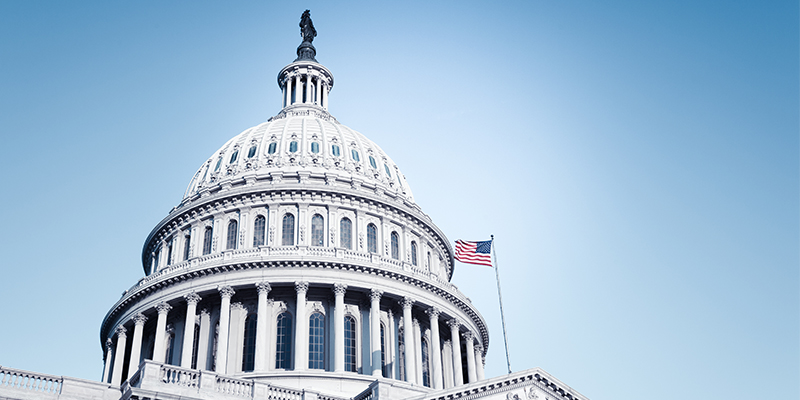President Joe Biden submitted his proposed fiscal year 2024 federal budget to Congress on March 9. While the term “March Madness” is usually associated with the NCAA’s college basketball tournament, you could be forgiven if you thought it might also apply to this budget proposal. That’s because it contains numerous tax increases that repeatedly failed to clear the House of Representatives and Senate when these chambers were controlled by Democrats. With the House now in the hands of a Republican majority, chances are low that a majority of these recycled provisions will make it into legislation.
But the president’s budget submission makes sense if you acknowledge that its primary purpose is as a political messaging document, meant to provide a contrast between his administration and Republicans in advance of the 2024 presidential election. It was somewhat predictable, therefore, that tax proposals which were part of the Biden “Build Back Better” agenda would resurface in the 2024 budget version. Anticipating this would be the case, earlier this year NAIOP members attending our Chapter Leadership and Legislative Retreat in Washington, D.C., met with their elected representatives on Capitol Hill, with tax policy a top NAIOP legislative priority discussed at their meetings.
And despite their obvious political rationale, the tax increases in the budget proposal are an important statement of official Biden administration policy and should be taken seriously. Individual provisions could find their way into negotiated agreements on raising the nation’s debt limit, for example, or in a year-end tax extenders bill. As is the case with college basketball, the unexpected often happens, so it behooves NAIOP and its members to remain vigilant.
As detailed in the Treasury Department’s General-Explanations of the Administration’s Fiscal Year 2024 Revenue Proposals, commonly referred to as the “Green Book,” the following are the tax increase proposals that would have a major impact on commercial real estate:
- Capital gains tax increase: Nearly doubling of the tax on capital gains for high-income taxpayers. The top rate on capital gains would be increased from the current 23.8%, which includes a 20% capital gains rate plus the 3.8% Net Investment Income Tax (“NIIT”), to a rate of 44.6% (a higher ordinary income rate of 39.6% plus a higher NIIT of 5%). The estimated revenue raised over 10 years: $213.9 billion;
- Section 1031: Elimination of tax deferral for real estate like-kind exchanges under IRS Section 1031 ($18.6 billion);
- Carried interest tax increase: Eliminating capital gains tax treatment for carried interests in certain partnerships, including real estate partnerships, and taxing them at ordinary income rates ($6.5 billion);
- Basis changes in estate law: Repealing the step-up in basis of inherited assets and requiring that tax on appreciated assets be immediately payable on death (revenue raised is included in capital gains revenue score);
- Corporate tax increase: Raising the corporate rate to 28% ($1.3 trillion);
- Ordinary income tax increase: Increasing the top rate on ordinary income to 39.6% ($235.2 billion);
- Unrealized capital gains tax: A proposed retroactive 25% minimum tax, assessed annually, on the unrealized capital gains of individual taxpayers with $100 million in net assets ($436.6 billion);
- Expansion of NIIT: Application of the net investment income tax to real estate professionals and other partnerships and pass-through businesses currently excluded from the tax ($305.9 billion).
The submission of the FY2024 federal budget coincides with the debate set to begin over raising the nation’s statutory debt limit. Congressional Democrats and the White House will insist on inclusion of some of these proposals in any grand budget agreement negotiated with Republicans in exchange for their vote to increase the debt limit. The estimates in Treasury’s Green Book are that the Biden tax increase proposals would raise approximately $4 trillion over the next 10 years, although a portion of that would be used on additional social spending under the Biden budget.
For now, the official position of the White House continues to be not to negotiate but to insist on a clean debt limit increase and it remains unlikely many of the tax increases could be included in a debt agreement and still garner enough Republican support to pass the House. A year-end tax bill could be another matter, however. Democratic priorities include expansion of the child care tax credit, and Republicans want to extend the research and experimentation (R&E) tax credit and extend bonus depreciation provisions for investments that are being phased-out over the next few years. As a result, some of the individual tax increase proposals in the Biden 2024 budget could be in the mix as revenue offsets for a tax extenders bill.








